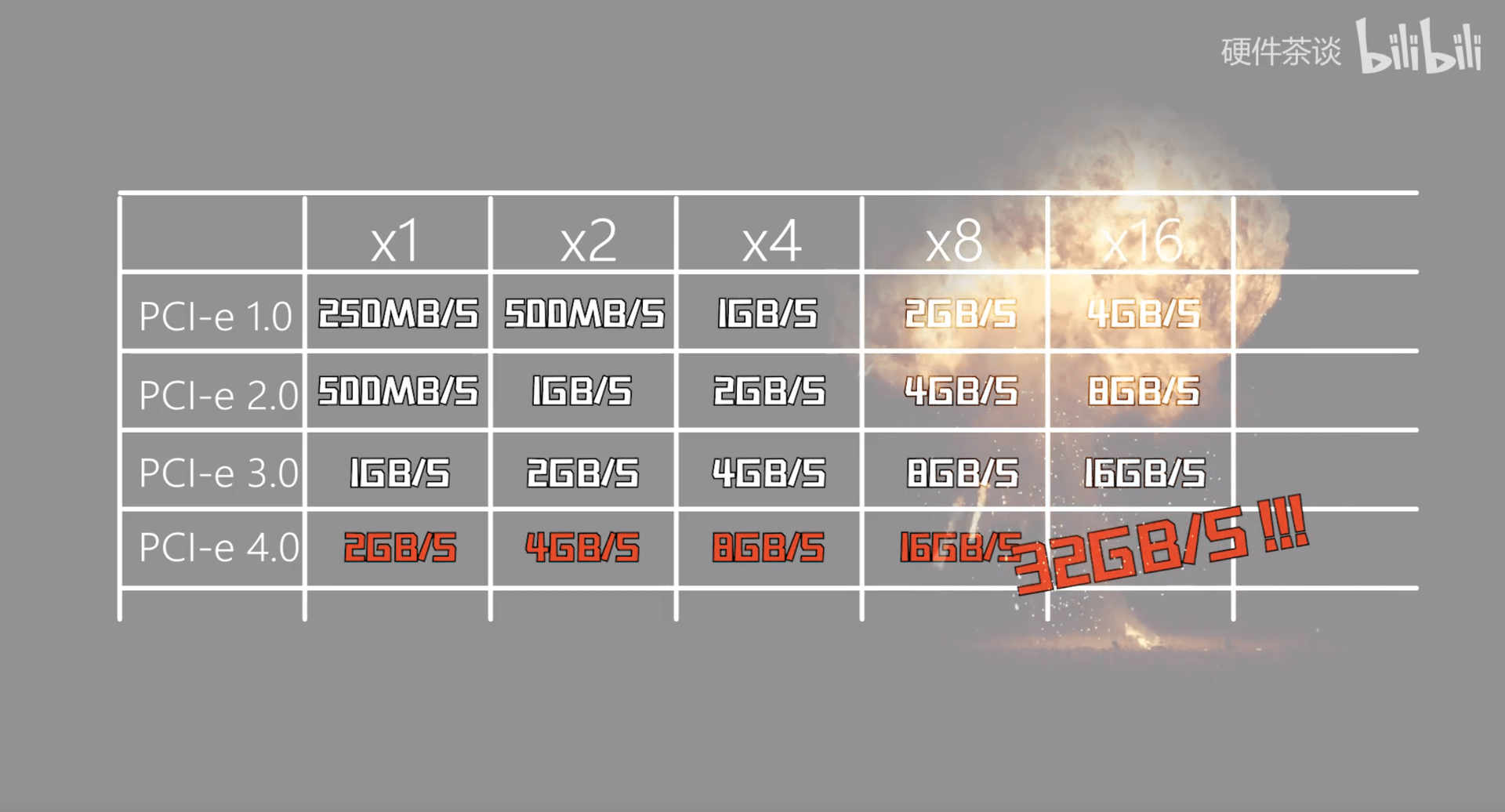A Comprehensive Comparison of Conventional Loans vs FHA Loans: Which is Right for You?
#### Conventional Loans vs FHA LoansWhen it comes to securing a mortgage, understanding the differences between conventional loans vs FHA loans is crucial f……
#### Conventional Loans vs FHA Loans
When it comes to securing a mortgage, understanding the differences between conventional loans vs FHA loans is crucial for making an informed decision. Both loan types have their own unique benefits and drawbacks, and the right choice for you will depend on your financial situation, credit score, and homeownership goals.
#### What are Conventional Loans?
Conventional loans are not insured or guaranteed by the federal government. They are typically offered by private lenders and come in two main types: conforming loans, which meet the guidelines set by Fannie Mae and Freddie Mac, and non-conforming loans, which do not. Conventional loans often require a higher credit score, usually a minimum of 620, and a down payment of at least 3% to 20%, depending on the lender and the borrower's financial profile.
#### Advantages of Conventional Loans

One of the primary advantages of conventional loans is that they often come with lower interest rates compared to FHA loans, especially for borrowers with good credit. Additionally, conventional loans do not require mortgage insurance if the borrower makes a down payment of 20% or more, which can save money in the long run. Furthermore, conventional loans offer more flexibility in terms of property types and loan amounts, making them suitable for a wider range of borrowers.
#### What are FHA Loans?
FHA loans, or Federal Housing Administration loans, are government-backed mortgages designed to help lower-income and first-time homebuyers qualify for a mortgage. These loans are more accessible for borrowers with lower credit scores, requiring a minimum score of 580 for a 3.5% down payment, or 500 with a 10% down payment. FHA loans also allow for higher debt-to-income ratios, making them a viable option for those with existing debt.
#### Advantages of FHA Loans

The primary advantage of FHA loans is their accessibility. They are designed for borrowers who may not qualify for conventional financing due to lower credit scores or smaller down payments. FHA loans also allow for more flexible income requirements, making them an attractive option for first-time homebuyers or those with limited financial resources. Additionally, FHA loans have lower closing costs and can be assumed by future buyers, adding to their appeal.
#### Key Differences Between Conventional Loans vs FHA Loans
When comparing conventional loans vs FHA loans, several key differences emerge. Firstly, credit score requirements are generally stricter for conventional loans, while FHA loans cater to those with lower scores. Secondly, the down payment requirements differ significantly; conventional loans may require a higher down payment, whereas FHA loans allow for as little as 3.5%. Lastly, mortgage insurance is a crucial factor; conventional loans can eliminate this cost with a 20% down payment, while FHA loans require mortgage insurance premiums for the life of the loan.
#### Which Loan is Right for You?

Choosing between conventional loans vs FHA loans ultimately depends on your individual financial situation and homeownership goals. If you have a strong credit score, a stable income, and can afford a larger down payment, a conventional loan may be the better option. However, if you're a first-time homebuyer with a lower credit score or limited savings, an FHA loan could provide the opportunity to achieve homeownership.
In conclusion, understanding the differences between conventional loans vs FHA loans is essential for any prospective homebuyer. By evaluating your financial circumstances and long-term goals, you can make an informed decision that best suits your needs. Whether you opt for a conventional loan or an FHA loan, both options can lead you on the path to homeownership.